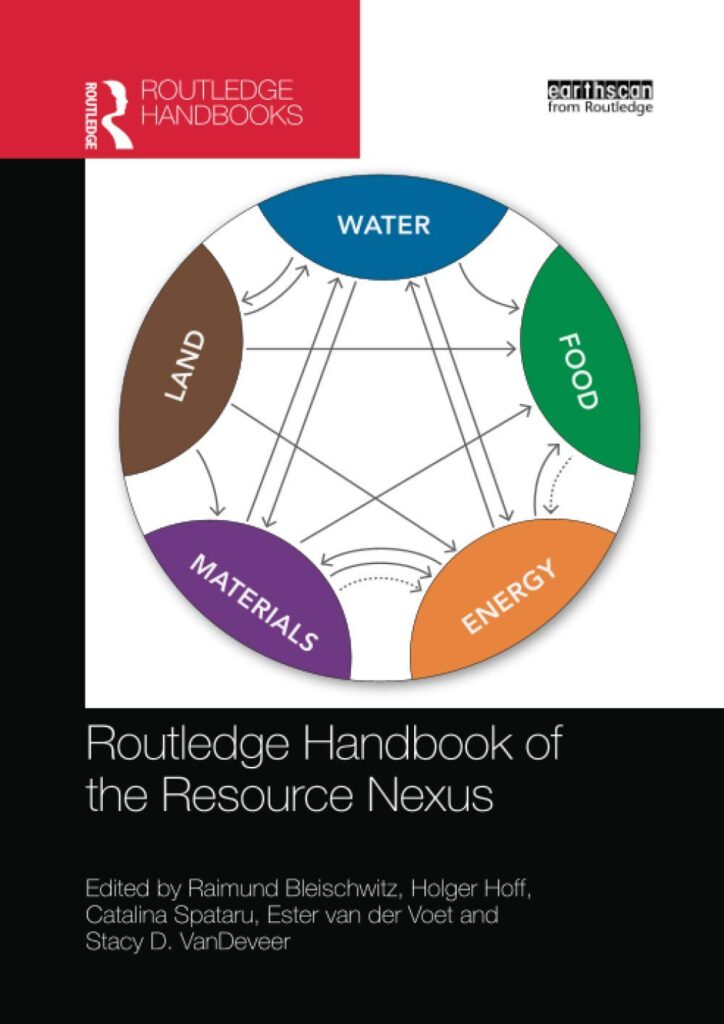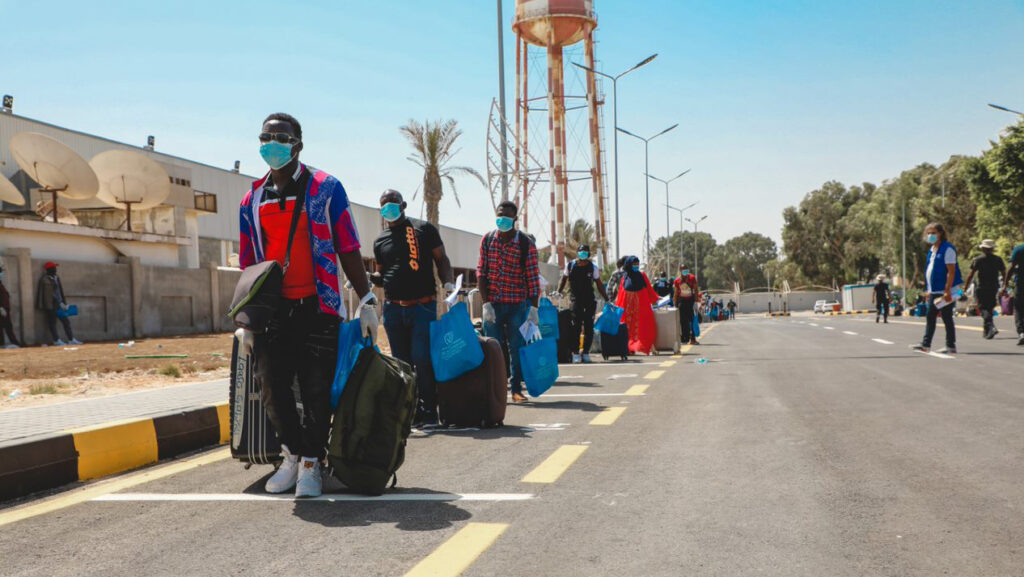Water, energy, and food: The Ultimate Nexus

Our global community is facing unprecedented risks and challenges that are directly linked to the way we currently understand and manage our resources. Providing sustainable solutions to overcome present challenges poses the need to study the existent interlinkages between these resources. This entry presents water, energy, and food as the main systems that form a […]
Current Water for Food Situational Analysis in the Arab Region and Expected Changes Due to Dynamic Externalities

Uneven distribution of water, food, and energy (WEF) resources, together with demographic, geographic, political, and other natural constraints, burden WEF security plans in many regions of the world. Decision makers are under pressure to bridge the WEF supply-demand gap, and often propose reactive, rather than preventive, strategies that are associated with uncertainty, challenges of sustainability, […]
Modeling the Water-Energy-Food Nexus: A 7‐Question Guideline

Water, energy, and food resource systems are under increasing stress. As we prepare to move toward more sustainable resource allocation and management strategies, it is critical that we quantify and model the interconnections that exist between these sectors. Such action will help guide decision making and planning for the future of these resources and related […]
Security, climate change, and the resource nexus

This chapter presents major nodes of research and analysis around climate change and security linkages, around more attempts to link security to the resource nexus, and the need to position equity and justice-related concerns at the center of the complex perspectives. It explores a broad view of security at national, regional, and global scales, which […]
Modeling the Sustainable Development Nexus as a Complex-Coupled System: System Dynamics Modeling

This chapter begins with defining complex systems, presents an overview of the applied science of dynamical systems by focusing on the main components of complexity and chaos, and introduces the concept of dimensionality of systems. Systems have structural and temporal (dynamic) components – they exist in space and time. This chapter focuses on the time […]
Water, Energy, Food Resource Challenges in Migration: Role of Informal Institutions

Water, energy and food are vital resources for human well-being, poverty reduction, and sustainable development. Demand for these resources is projected to increase due to population growth and will be affected by economic development, international trade, urbanization, diversifying diets, cultural and technological changes, climate variability, and migration trends. These current societal megatrends, coupled with environmental, […]
Water-Energy-Food Interconnections: Methods, Tools, and Cross-Sectoral Decision Making

Interdependence, interactions, and linkages refer how variables in a system connect, influence, and depend on one another. Scientific fields, especially the social sciences, primarily analyze how a given variable is affected by one or many others. Across-impact analysis is an approach to determine how those interactions can affect future events or a way to visualize […]
Water-Energy-Food Sustainable Development Goals in Morocco

Water, energy, and food security challenges are complex and tightly interconnected (Hoff 2011; Mohtar and Daher 2012; FAO 2014a; IRENA 2015). Food production demands water; water extraction, treatment, and redistribution demand energy; and energy production requires water. With growing pressures on these interconnected resource systems due to climate change and population growth, it is critical that we understand and […]
The relevance and challenges in communicating the nexus

Beyond academic debates, the nexus remains a new concept for many practitioners and decision-makers, with often only a fuzzy delineation (intersection of water, energy, food, land, climate, biodiversity, health, etc.) and limited attraction. In addition, its association to ‘complexity’ often hampers the uptake in solution-oriented and sector-specific planning and management, whilst simplified approaches are discarded […]
National and International Funding for Financing Sustainable Development Goal 6: Case of Jordan

In September 2015, the United Nations General Assembly announced the list of new sustainable development goals (SDGs). These goals were put forward to guide the progress and development of member states as they plan into the future. Achieving the 17 goals described in the UN 2030 Agenda for Sustainable Development will require unprecedented levels of […]